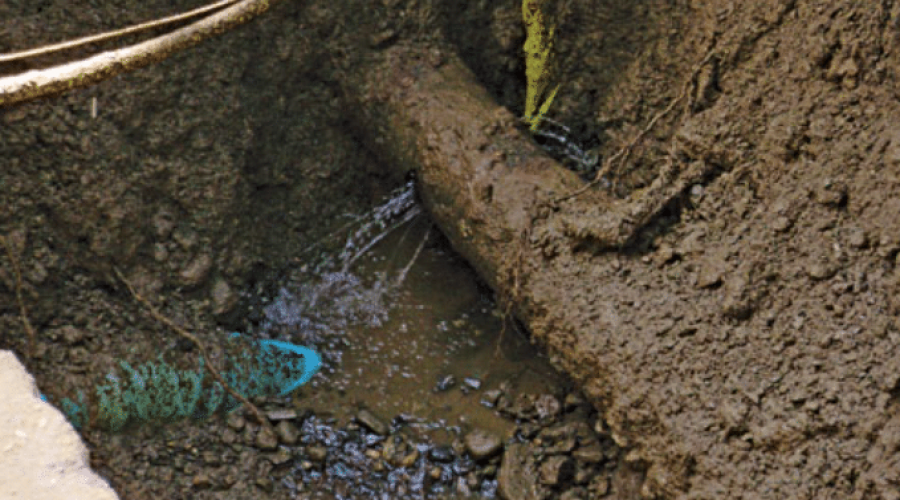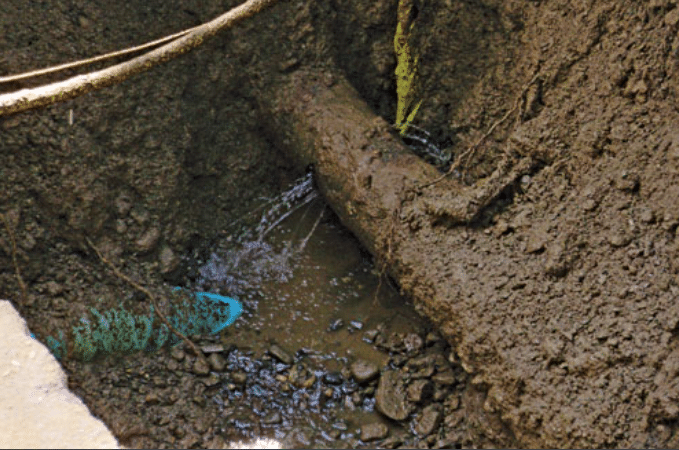
What Are The Steps In Water Leak Detection In San Diego?
Is your water bill higher than usual? Is there a damp or musty smell in the house? If you answered yes to either of these questions, it is possible that you have a leak. A leaking toilet can waste up to 10 gallons of water per day.
That’s $30-$60 worth of wasted money! There are many signs and steps to take if you suspect that you have a leak in your home. We will discuss all the steps in water leak detection so that you can prevent having an expensive problem on your hands!
Determining The Place Of The Leak
The first thing you should do is to determine where in the house the leak may be occurring. There are various places that leaks can appear, but most commonly, it happens under sinks or in bathrooms. You will have to turn off all water sources in your home so that when you start inspecting for leaks, they aren’t running and making things worse.
Then, you will need to inspect your home for any indicators of a leak. Look behind and underneath sinks, bathrooms, washer machine hookups, and other plumbing fixtures. You can lift up floorboards or carpet if needed as well! Unfortunately, it is often the case that leaks happen in hard-to-reach places like under appliances; If this is the case, you will need to move them and inspect behind them.
Call A Professional
If you find a leak, turn off the water at the source and call in a plumber! Don’t worry. Most leaks can be fixed with a little know-how. If you fix the leak yourself and it happens again, don’t try to do it on your own! It is very dangerous if you aren’t sure what you are doing, as water damage could result from trying to make an unnecessary repair.
In addition to looking for leaks in your home, you can also check for leaks in the yard. Sometimes natural things like poor drainage or high water table levels will cause problems with pipes that are underground. This is especially common near roads due to runoff from traffic and oil on the roadways!
If you suspect leak plumbing, call a plumber, and don’t try to guess what is going on yourself!
Another thing that can affect water pressure in your home is the age of appliances like faucets or toilets. You may think it is time for an upgrade with all this talk about new technology, but older fixtures could have issues too! If you are unsure if your appliances are the problem, call a professional.
One last thing to check is your water meter. Water meters have actually been used in homes since ancient times when people would put jars on their heads and turn the spout at the same rate that they drank until it was empty.
Conclusion
For more information, call 1st Response Leak Detection at (619) 374-8554!



